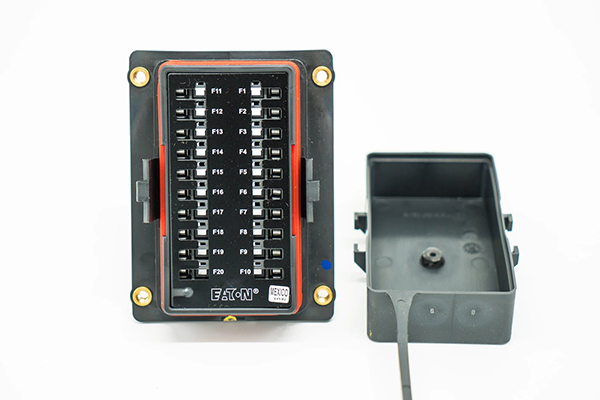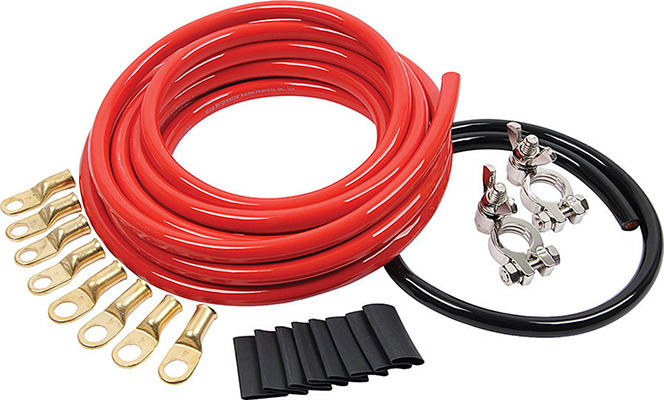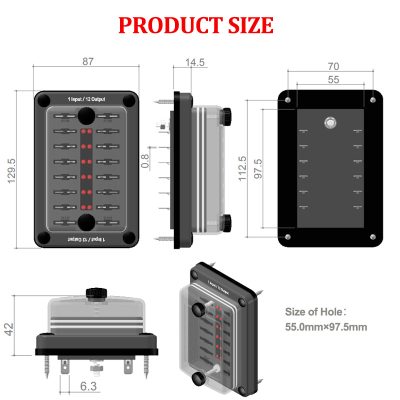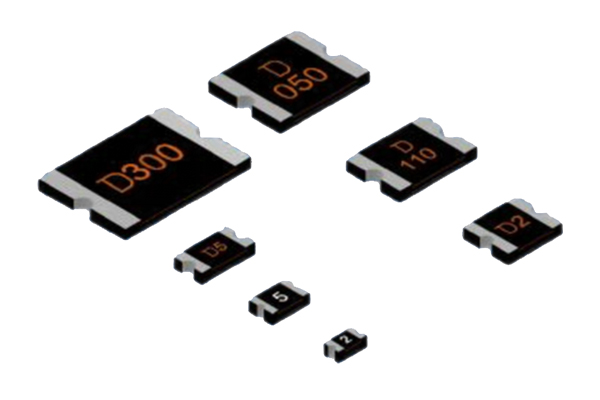Reliable Fuse Boxes for Windshield Wiper and Weather Safety Systems in Vehicles
News 2025-10-20
Windshield wipers and weather safety systems are essential components in modern vehicles, ensuring clear visibility and safe operation during adverse weather conditions such as rain, snow, and fog. The fuse box serves as a critical safeguard, protecting these systems from electrical overloads and short circuits that could lead to malfunctions or hazards. By housing fuses that interrupt excessive current flow, fuse boxes prevent damage to sensitive electronics, thereby maintaining reliability and extending the lifespan of automotive safety features. This protection is particularly important in high-demand scenarios, where components like wiper motors and sensors face heavy usage, underscoring the fuse box’s role in overall vehicle integrity and driver safety.

Key Applications in Adverse Weather Conditions
In automotive design, fuse boxes are strategically integrated to support windshield wiper systems and weather-related safety features. For example, they protect rain-sensing wipers that automatically adjust speed based on precipitation intensity, as well as automatic lighting systems that activate in low visibility. During heavy storms, these systems draw substantial power, and a well-designed fuse box ensures that any surge does not cause system failure. Additionally, in electric vehicles, fuse boxes safeguard advanced weather safety integrations like adaptive cruise control, which relies on sensors to maintain safe distances in slippery conditions, highlighting their versatility across various vehicle types and enhancing overall road safety.
Performance Benefits for Enhanced Reliability
Fuse boxes offer significant advantages in terms of durability and fault protection, making them indispensable for weather safety systems. High-quality models feature fast-acting fuses that respond quickly to electrical anomalies, minimizing the risk of component burnout and reducing repair costs. Their compact design allows for efficient space utilization in engine compartments, while materials resistant to corrosion ensure longevity in harsh environments. By providing precise current protection, fuse boxes improve the efficiency of windshield wiper operations, such as variable speed controls, and support seamless integration with other safety systems, ultimately contributing to better vehicle performance and user confidence in challenging weather.
Maintenance and Diagnostic Advantages
Proper maintenance of fuse boxes is key to sustaining the performance of windshield wipers and weather safety systems. These components are often easily accessible, allowing for quick inspections and replacements, which can prevent downtime during critical weather events. Advanced fuse box designs include clear labeling and color-coding for different circuits, aiding in faster diagnostics when issues arise, such as a blown fuse indicating a wiper motor overload. Furthermore, regular checks can identify potential problems early, ensuring that systems remain operational and compliant with safety standards, thereby supporting long-term vehicle reliability and cost-effective upkeep.
1. What is the primary function of a fuse box in automotive systems?
Answer: It protects electrical circuits by breaking the connection during overloads or short circuits, safeguarding components like wiper motors and sensors.
2. How do fuse boxes improve safety in bad weather?
Answer: By preventing electrical failures in wiper and safety systems, they ensure consistent operation, reducing accident risks in conditions like heavy rain or snow.
3. What factors should be considered when selecting a fuse box for these applications?
Answer: Key factors include current rating, environmental resistance, and compatibility with vehicle electronics to match specific weather safety requirements.


